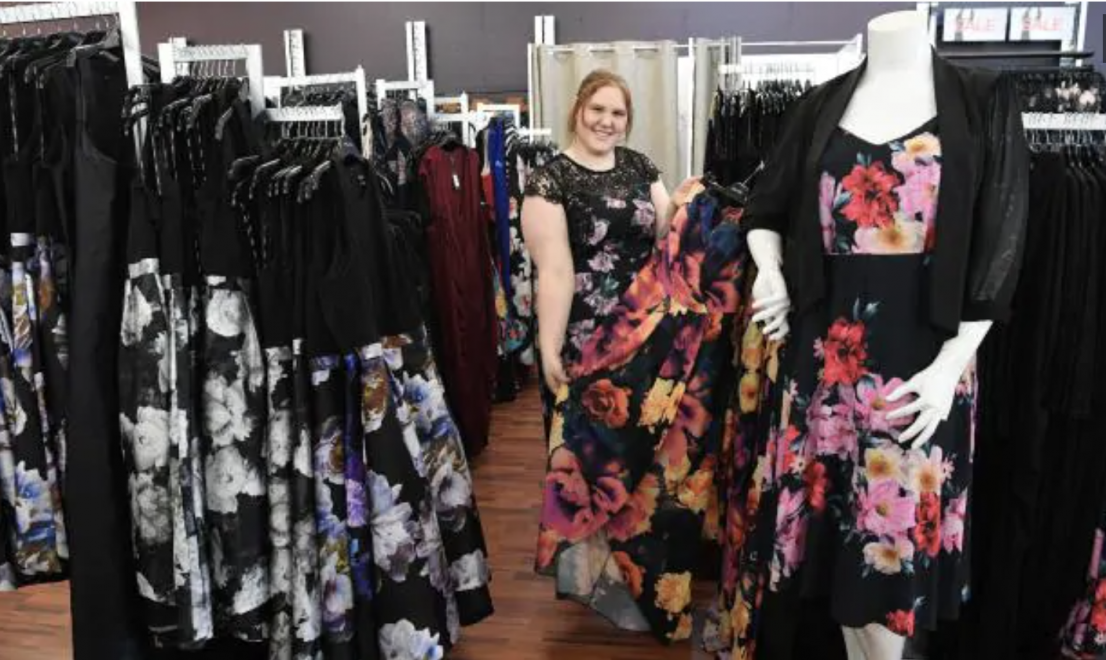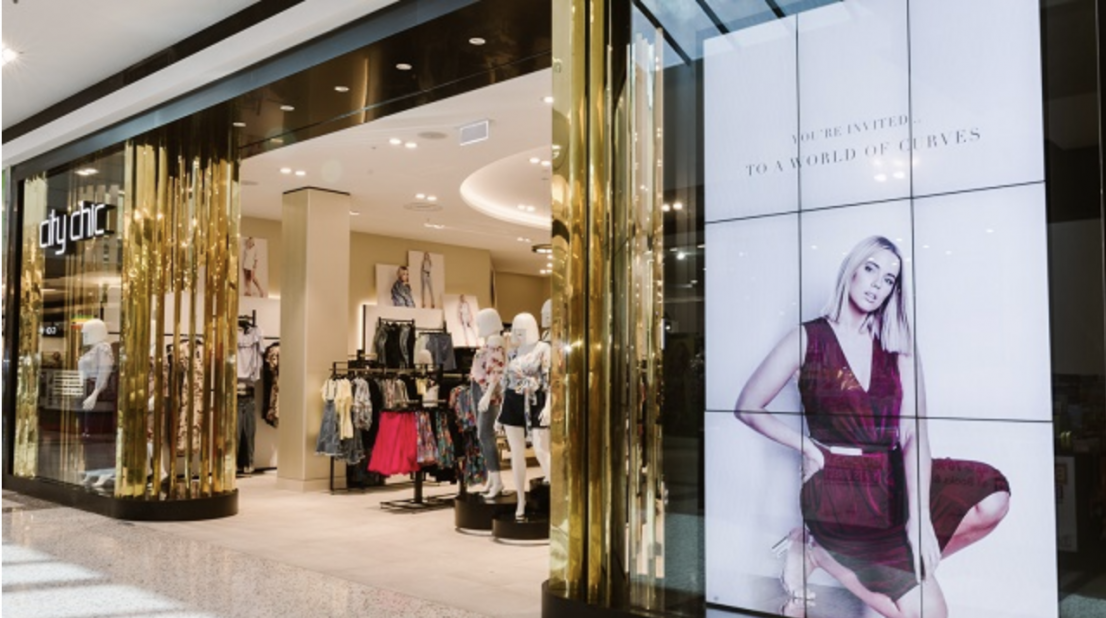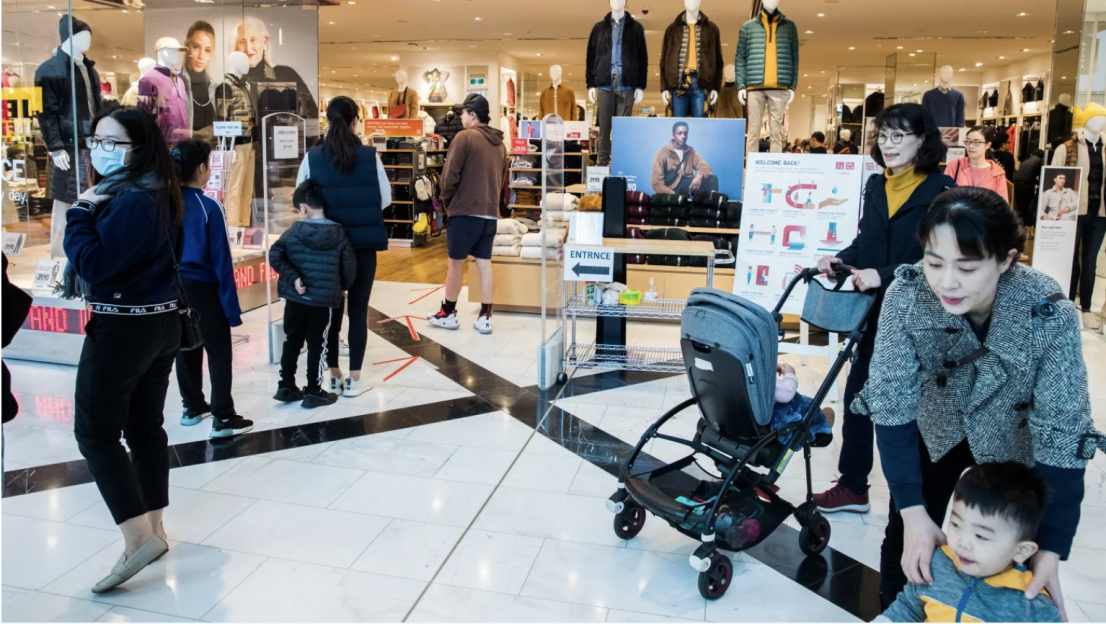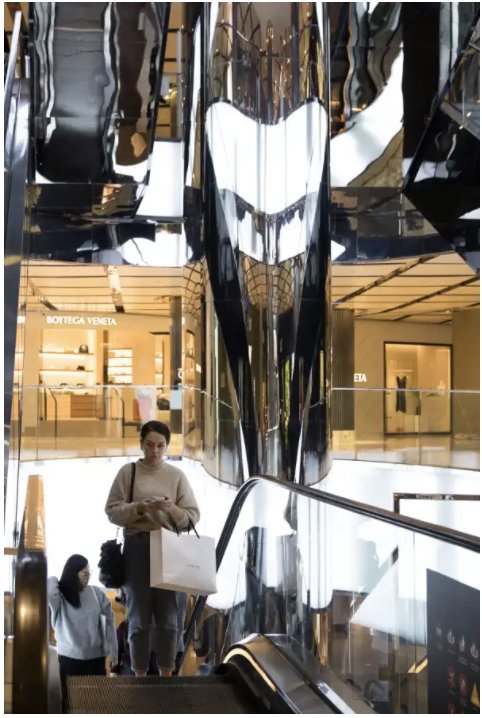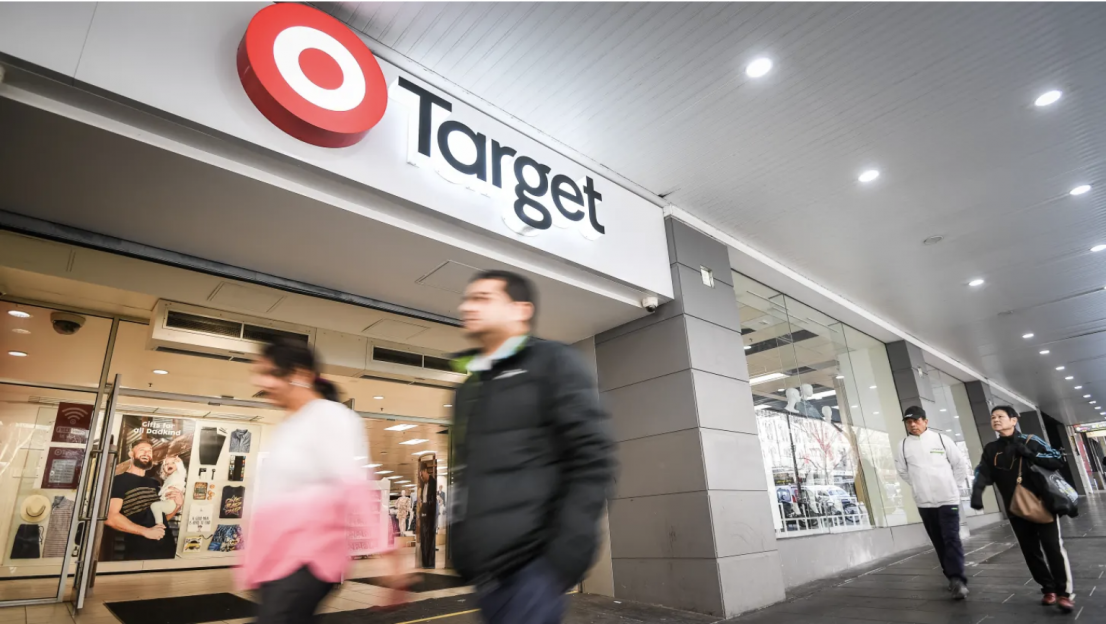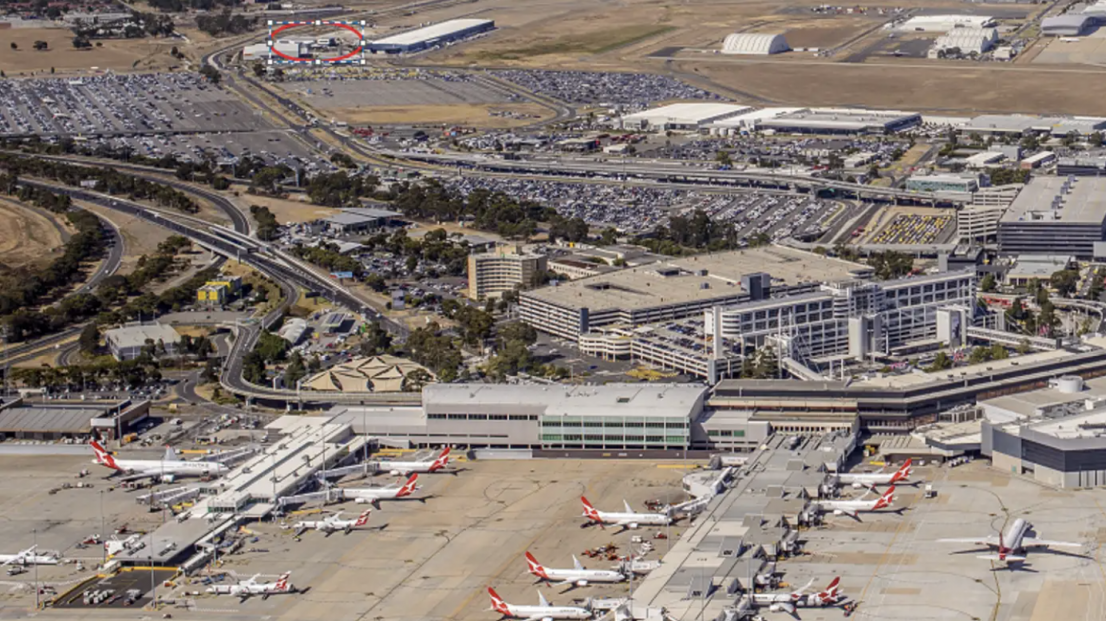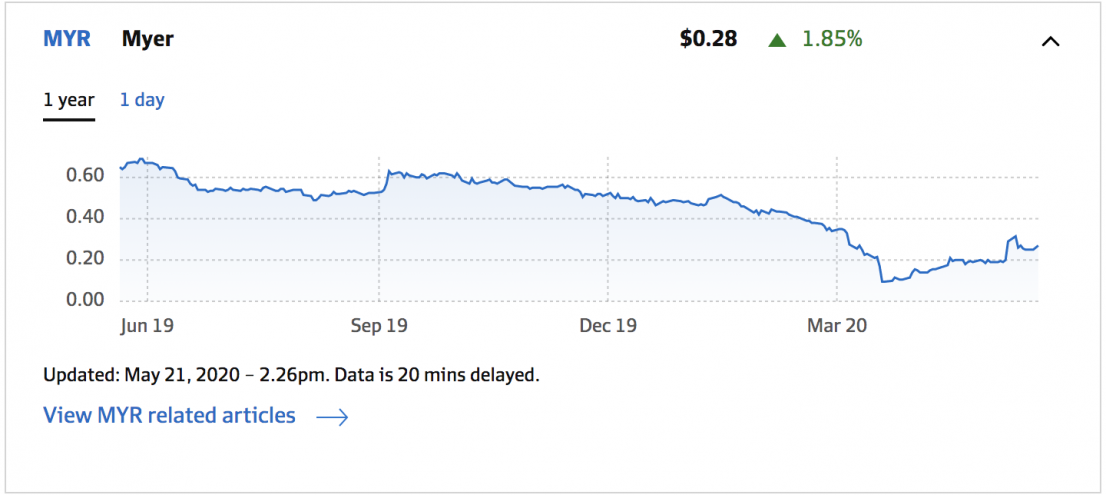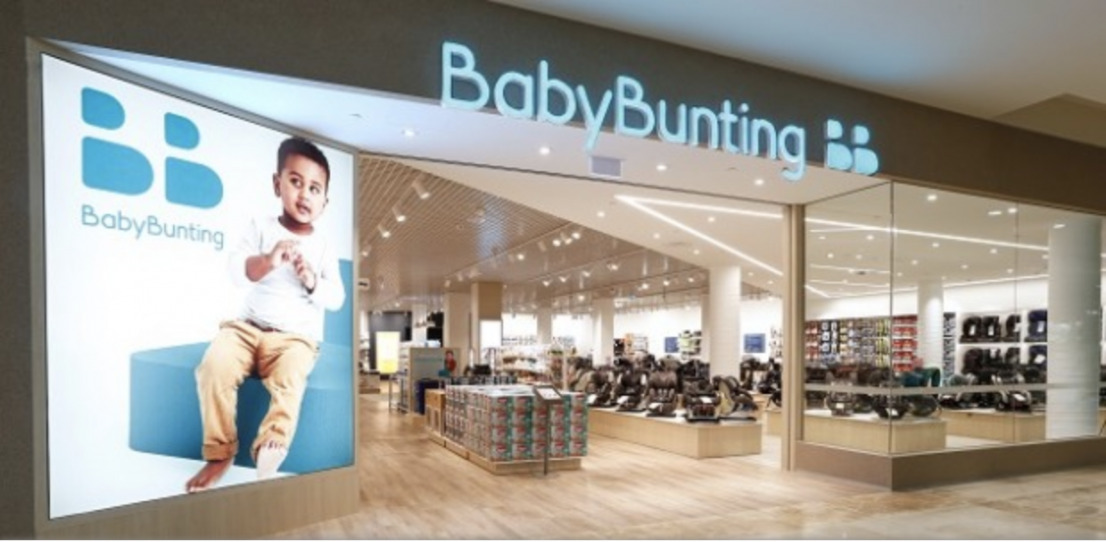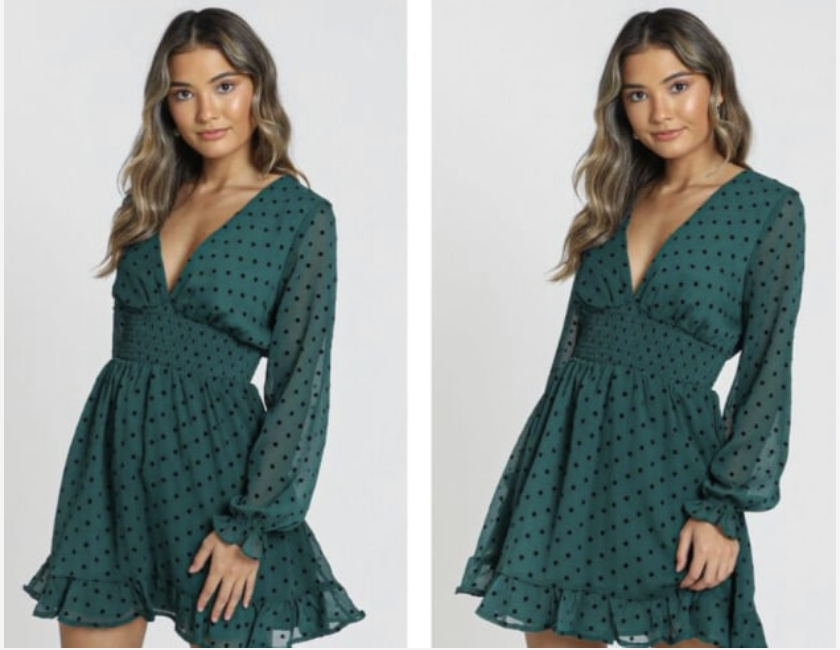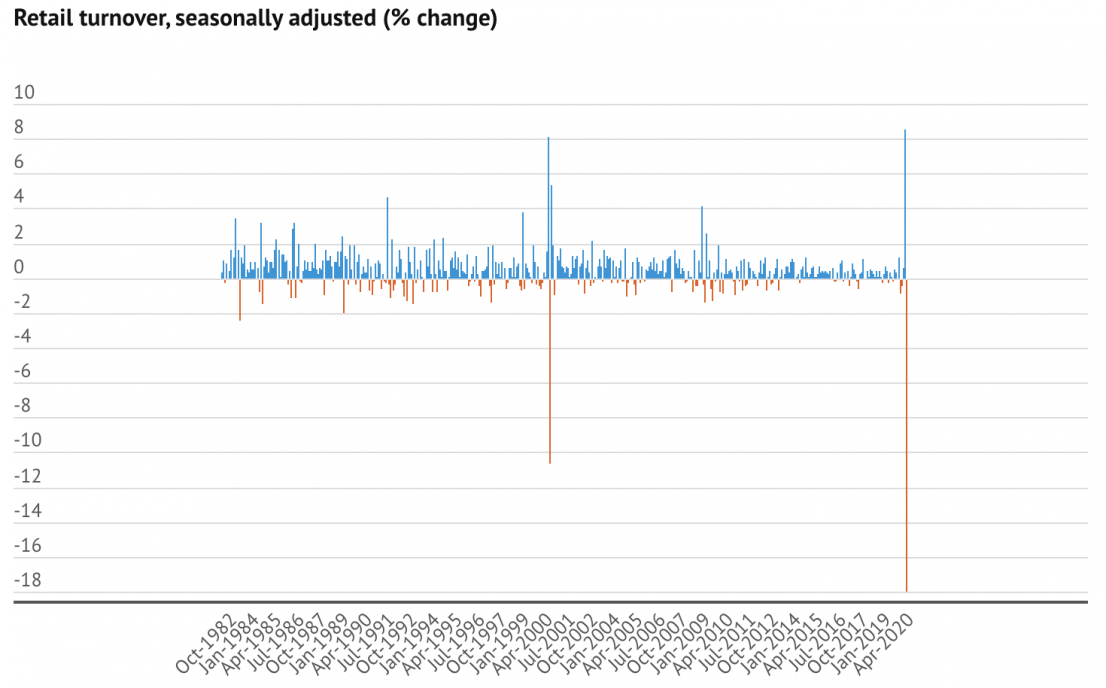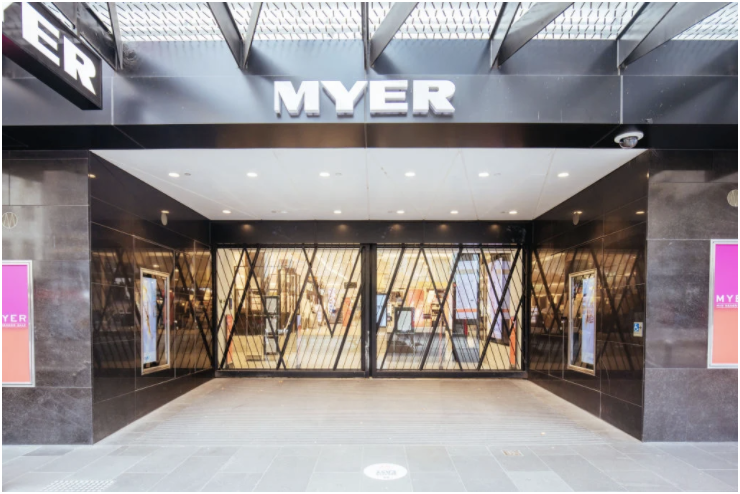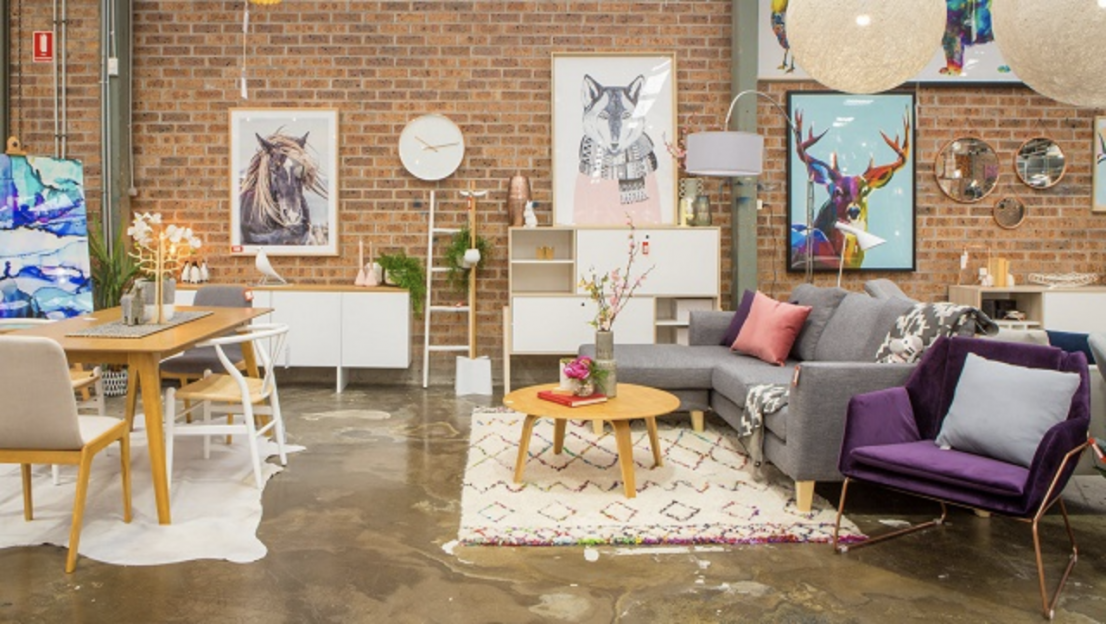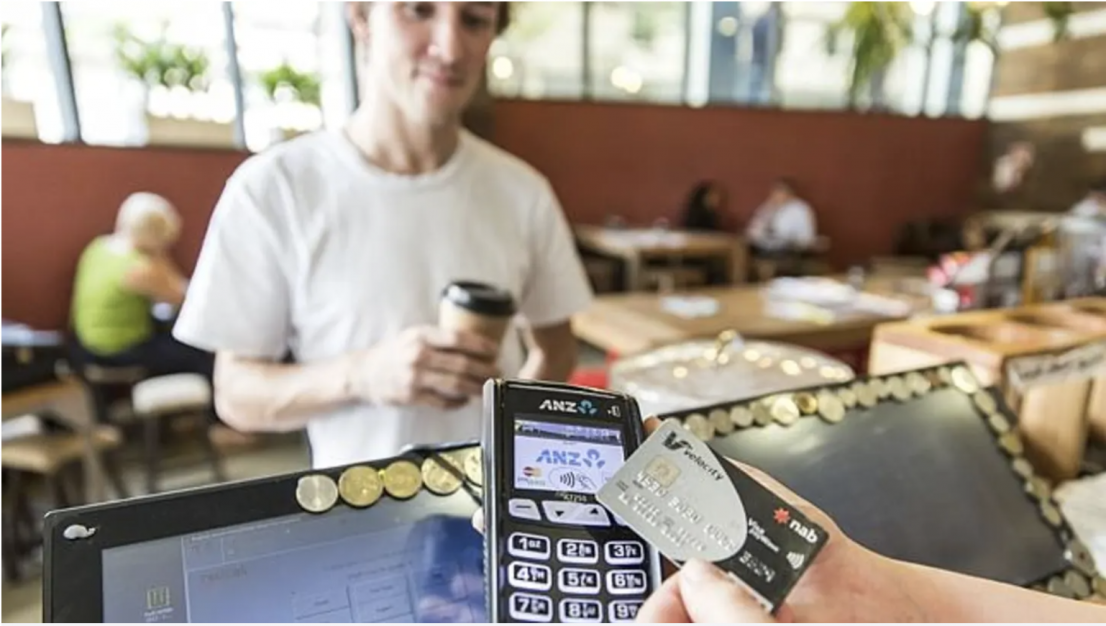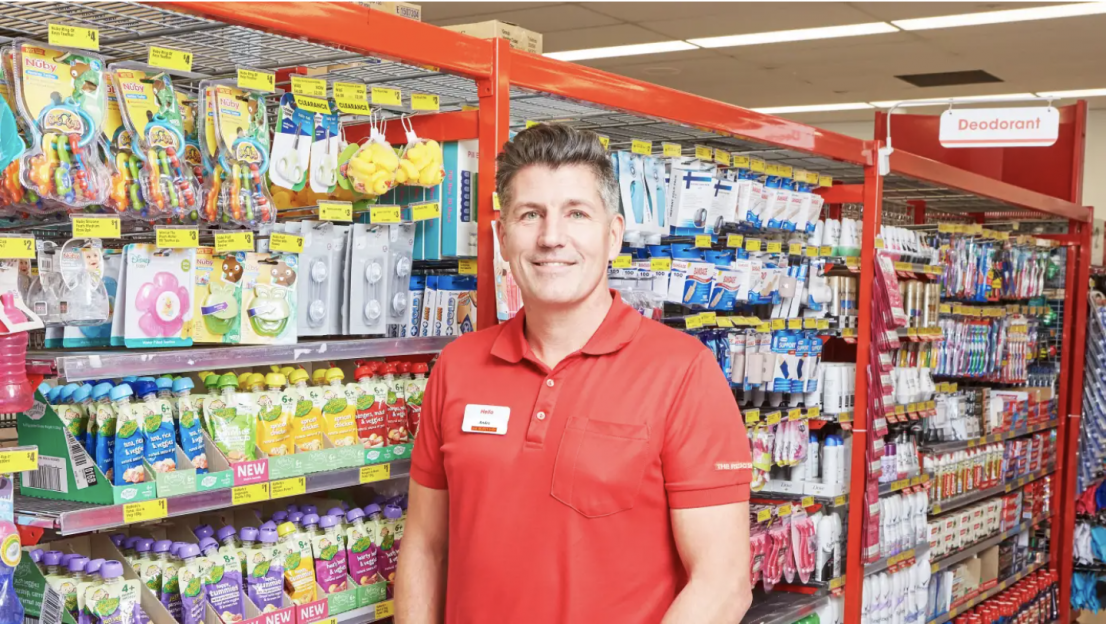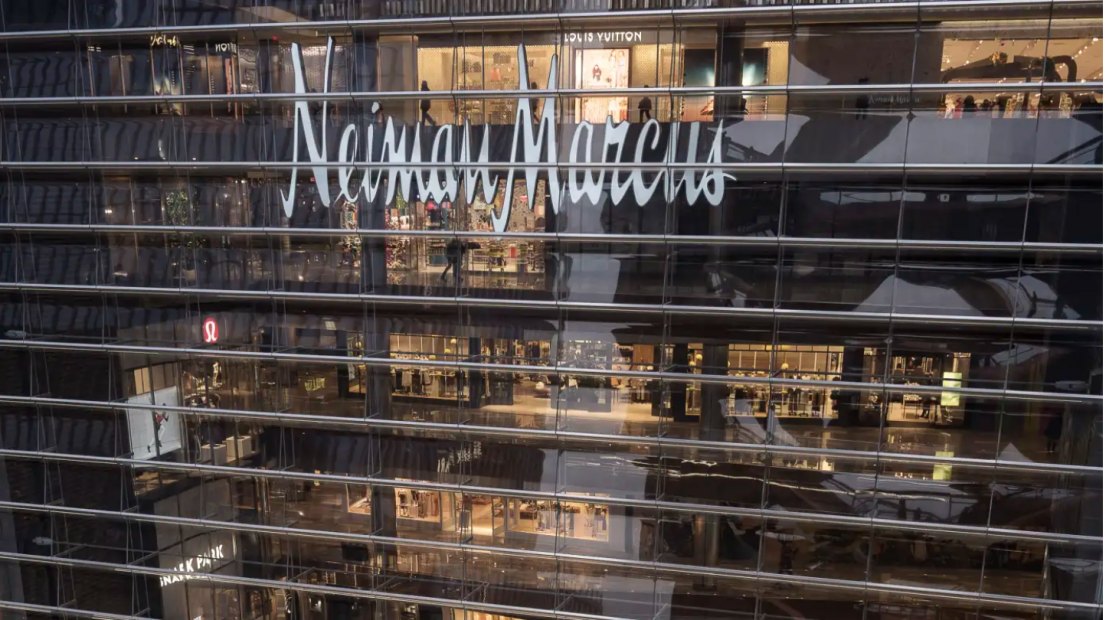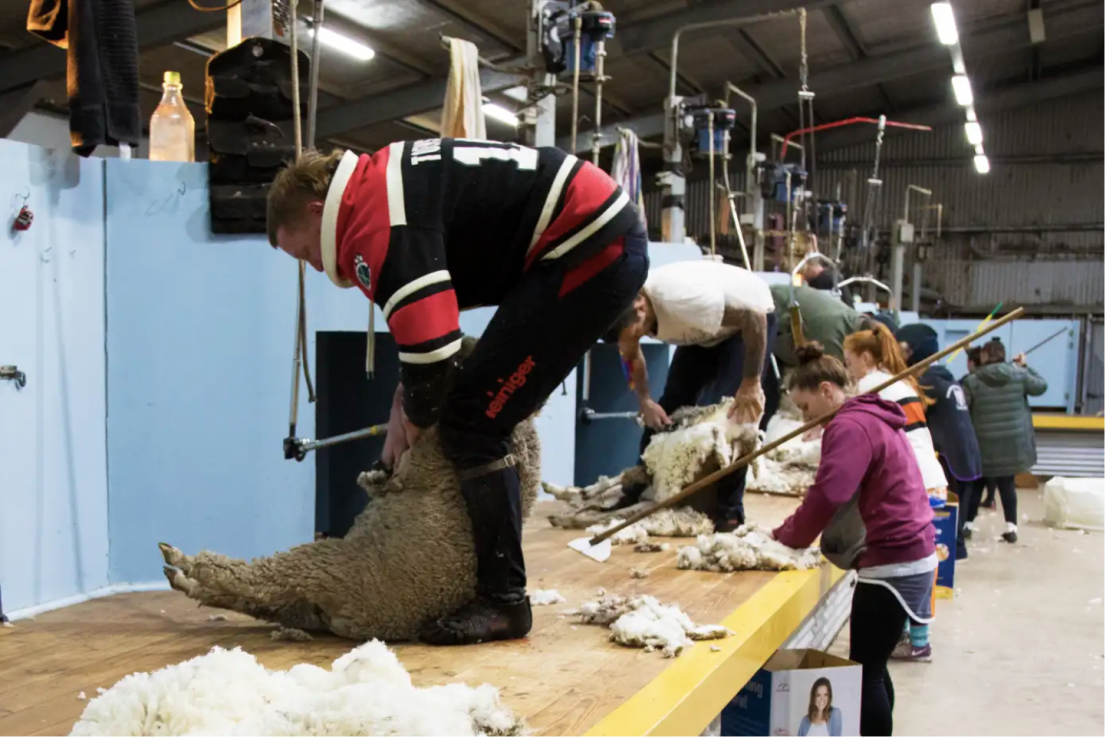
Wool prices have plunged to five-year lows as farmers receive another stark reminder of how reliant they are on China.
In the case of wool, China is the only buyer in town and the lack of market tension has sparked warnings that prices may not have hit bottom and will stay low for a long time.
Wool Producers Australia chief executive Jo Hall said buyers from Italy and India were sidelined by COVID-19 restrictions in those countries, leaving China in an even stronger position to dictate prices.
The benchmark Eastern Market Indicator, which measures the price in cents of clean wool a kilogram, this month hit its lowest point in five years in Australian dollar terms and the lowest in a decade in US dollar terms.
It currently sits at 1170¢ a kilogram, 382¢ less than the March price and 790¢ less than this time last year.
While barley growers and beef producers battle Beijing trade sanctions and look to other export destinations, Ms Hall said China had a captive market as it continued to buy Australian wool.
She said China typically buys about 80 per cent of the Australian wool clip with Italy and India a long way back as the second- and third-biggest markets but at least providing competitive tension in pricing.
“When they (Chinese buyers) know they have 100 per cent of the market, the price has unfortunately been driven down,” Ms Hall said.
“We suffered a horror week in March when 155¢ came off the Eastern Market Indicator and there has been a sustained decline in prices since then.”
Elders boss Mark Allison told a recent industry forum that wool growers were stockpiling bales and only those that needed cashflow were selling into the weak market.
Central Gippsland farmer Steve Harrison said he sold wool last week because he needed cash after coming out of three years of drought where his sheep numbers went from 10,000 to about 5000.
Mr Harrison said industry groups like Australian Wool Innovation had warned growers that prices could continue to fall with sales of wool garments expected to suffer as part of a global economic downturn even if Italian and Indian mills restart.
“This could last for three to five years. I certainly hope I’m wrong, but it has all the hallmarks of being a bit like the 90s,” he said.
“I don’t think it has sunk in with all growers that the price has dropped by almost half and how much that will affect them in years to come.”
The industry was devastated in the 1990s when huge stockpiles built up before the reserve price scheme collapsed.
Mr Harrison said there was no danger of stockpiles building up to those levels with the national flock down to about 60 million compared with 180 million in the early 1990s.
However, he said a prolonged downturn in prices would see farmers drop out and turn to meat sheep breeds, cattle or cropping.
Australian Wool Network wool broker Russell Macgugan said producers have "absolutely" been weighing up their options as to whether hold or sell bales.
There were only 23,371 bales offered on the market on Thursday, compared with a peak of 62,166 on March 6.
Wool markets across the country are also reducing the number of days they sell in the week as the number of bales on offer declines.
Forecasting by the Australian Wool Exchange suggests this will continue, as it anticipates a drop of 13-16 per cent on previous estimates for bales on offer for the remainder of May.
Luxury item
"It's a luxury item, you look at wheat or barley and they're a food necessity and they've got a shelf life. For farmers growing wool and those processing it, they can shut down tomorrow and sit on the product," Mr Macgugan said.
"It's not as big of a rush to pull the trigger on selling it ... but it's a catch-22 [situation], because you don't know what the price could sink to.
"So we've said from the start that you either need to be committed to not selling for 6-12 months or you need to sell it now because there's no short-term upside coming. I can't say there's even going to be a major upside in the wool market in the next 12-18 months."
Ms Hall said the stockpiling suggested an eventual glut in supply even if demand rebounded, but noted production was low after the drought and the big drop in the national flock.
“We know that with the declining market growers are either not putting it up for sale or they are passing it in or withdrawing it from sale,” she said.
Ms Hall said the wool industry thought it had dodged a bullet when Chinese mills re-opened around February 10.
“We were thinking as an industry we had got out of COVID relatively well because we had managed to continue trade with our biggest customer, China,” she said.
“We didn’t know what was around the corner.”
Mutton and lamb prices have held up well in some consolation for farmers.
Mr Macgugan said reports from Europe suggested wool that would normally go to virus-hit Italy was being diverted to Romania and Egypt for processing.
